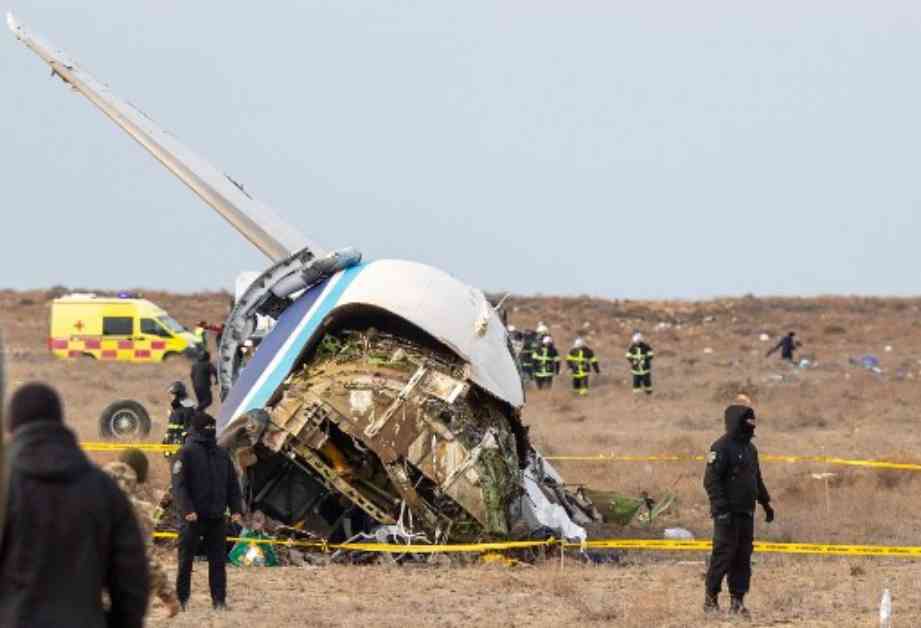Airline Bail Out: Impact on Flights to Russia After Jet Crash
International airlines have made significant changes to their flight schedules following the tragic crash of a passenger jet on December 26 believed to have been caused by the accidental launch of a Russian anti-aircraft missile. The incident, which resulted in the destruction of Azerbaijan Airlines flight JS-8432 and claimed the lives of at least 38 passengers, has led to a ripple effect in the aviation industry, affecting flights to various Russian cities.
Flight Cancellations and Route Changes
Azerbaijan Airlines has announced the immediate suspension of flights originating from Baku to 10 Russian cities, including Sochi, Samara, Ufa, Volgograd, Grozny, Mineralnie Vody, and Makhachkala. However, service to Omsk and Novosibirsk will continue as stated by the airline. Flydubai, a popular choice for international travel out of Russia, has canceled flights between Dubai and the Russian cities of Sochi and Mineralnie Vody pending a security review until January 5. El Al, Israel’s major carrier, has also temporarily halted flights between Moscow and Tel Aviv due to concerns over changes in Russian airspace affecting flight safety. Additionally, Qazaq Air has suspended flights between Astana and Ekaterinburg for one month.
Investigation and Calls for Accountability
Ukrainian Defense Intelligence Head Kyrylo Budanov has pointed to a Russian Pantsir S1 air defense system as the likely cause of the plane crash, firing a missile from Russian territory near Chechnya. Chechen leader Ramzan Kadyrov has called for a discreet investigation into the incident, while Azerbaijani President Ilham Aliyev has pledged a transparent inquiry. Azerbaijan and Kazakhstan will jointly conduct the investigation, with promises of regular updates to the public on the progress and findings.
Insights from the Crash and Historical Context
Passenger footage and crash site images have revealed the harrowing conditions onboard the ill-fated flight, with survivors describing a loss of aircraft control and denied landing permission during the emergency. This incident echoes past tragedies, such as the shootdown of Malaysian Airlines Flight 17 in 2014, highlighting the potential consequences of military actions on civilian air travel.
As international authorities work to unravel the circumstances surrounding this devastating event, passengers and airlines alike are left grappling with the aftermath of this tragedy that has shaken the aviation industry to its core.

















